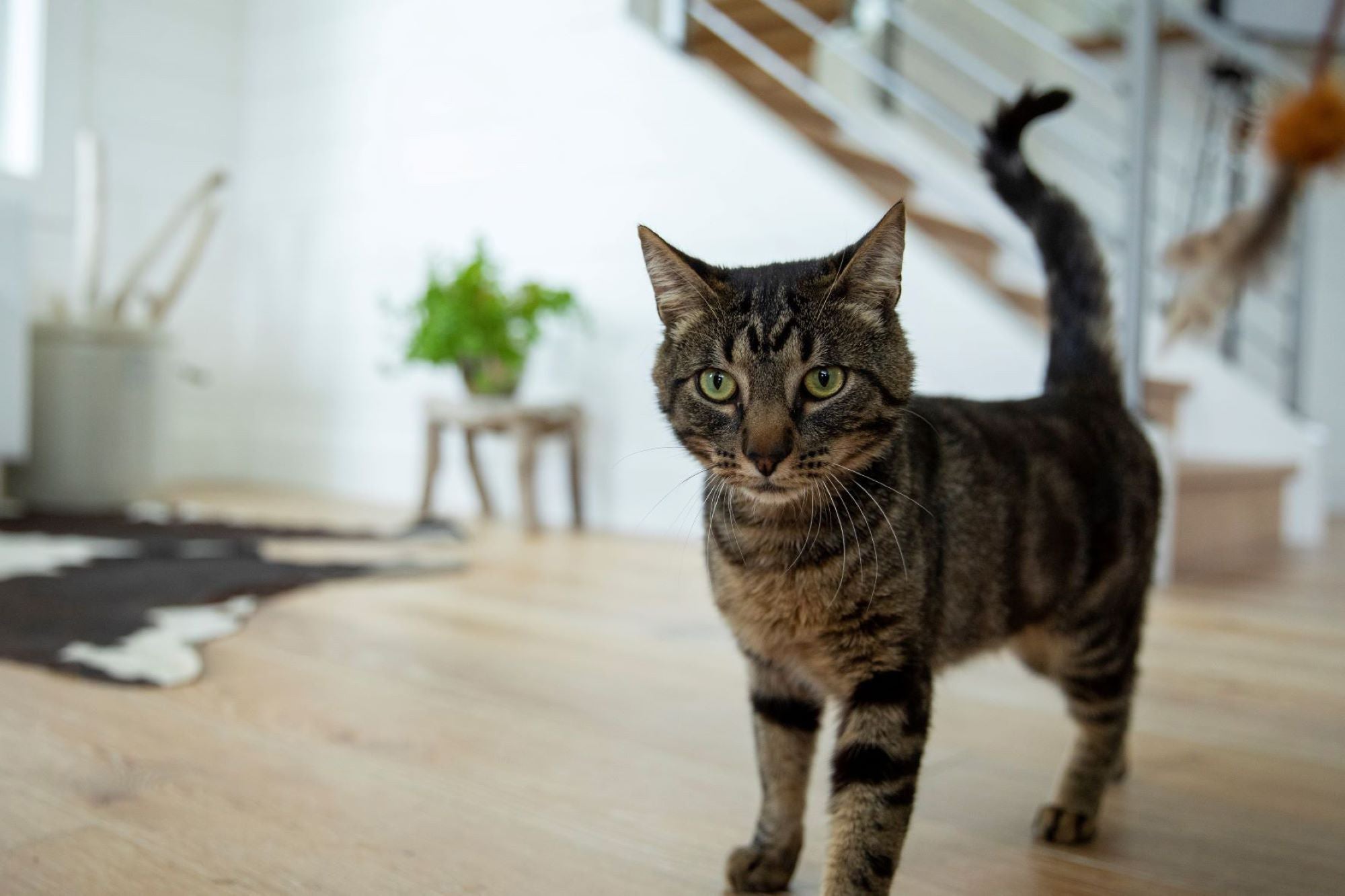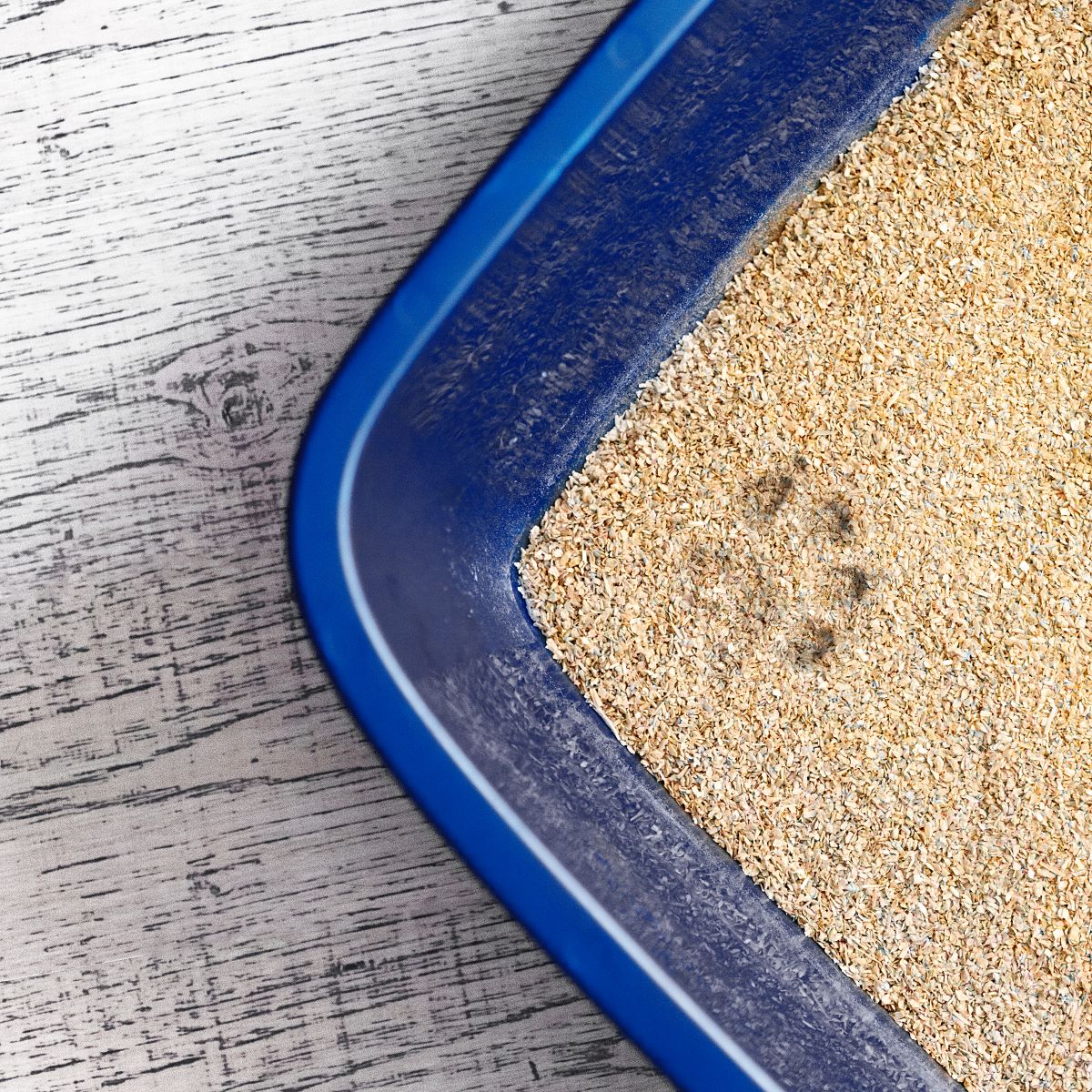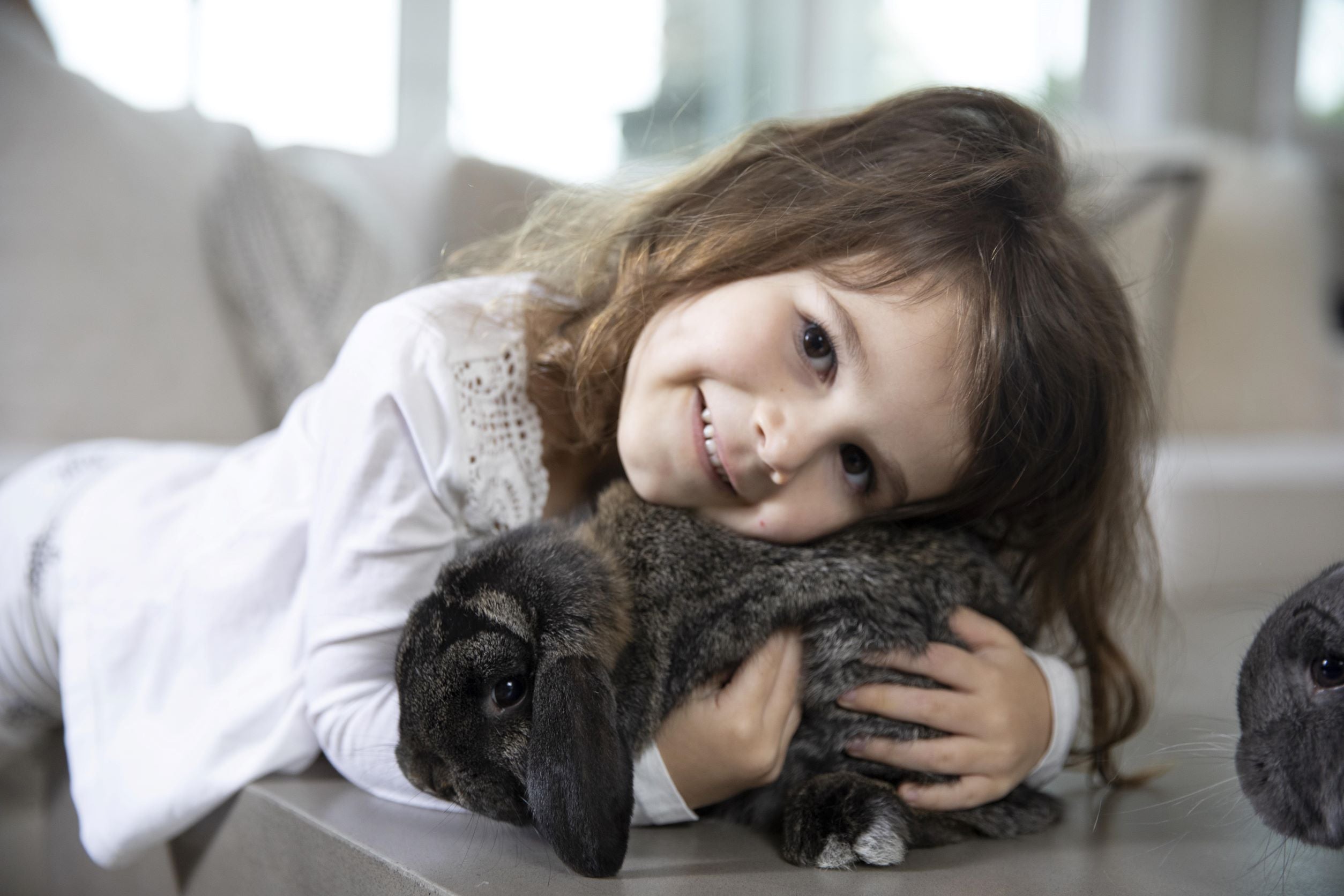
Keeping Your Cat Strong This Winter: Essential Food Categories to Include
As winter approaches, the temperature changes can impact not just humans but our pets as well. Cats, in particular, need extra care during the colder months to ensure they stay healthy, maintain energy levels, and support their immune systems. Diet plays a crucial role in achieving this, and experts in pet care and health management should understand which food categories can best support feline well-being during the winter season.
Here are some essential food groups and nutritional strategies to keep your cat strong, healthy, and active all winter long.
Understanding Winter Nutrition for Cats
Cats are obligate carnivores, so their diet should be primarily animal-based to meet their nutritional needs. However, during winter, your cat’s body may require more support to cope with the colder weather. Maintaining their internal warmth, boosting their immune system, and keeping their coats healthy are all key factors to consider. Adjusting their diet to address these seasonal changes can help ensure your feline friend remains in peak condition.
As the days get shorter and colder, cats often experience reduced activity levels, which can lead to weight gain or sluggishness. On the other hand, some cats burn more energy to keep warm, so it’s important to monitor their caloric intake and adjust it accordingly. Here are the essential food categories you should focus on when crafting your cat’s winter diet.
Protein-Rich Foods: The Foundation of Feline Health
Protein is the cornerstone of any healthy cat diet, especially during winter. Since cats are carnivores, they rely heavily on protein for energy, muscle maintenance, and overall vitality. In the wild, a cat’s natural diet consists mostly of small animals, which are rich in protein, and you can mimic this by providing high-quality, animal-based proteins.
Lean Meats
Chicken, turkey, and rabbit are excellent sources of lean protein that are easy for cats to digest and highly nutritious. These meats help maintain muscle mass and promote energy production, which is essential during colder months when energy needs fluctuate.
Fish
Fish like salmon, tuna, and sardines provide protein and essential omega-3 fatty acids, crucial for maintaining healthy skin and a shiny coat. Cats’ skin can become dry during the winter due to indoor heating and colder temperatures, making omega-3s particularly important to include in their diet during this season.
Eggs
Packed with protein and amino acids, eggs can be a beneficial addition to your cat’s winter diet. Cooked eggs (without seasoning or oil) provide a balanced energy source and nutrients, supporting your cat’s muscle health and immune system.
Organ Meats
Small amounts of liver or kidney can give your cat a nutrient-dense boost of vitamins A, B, and iron. Organ meats should be fed sparingly but are incredibly beneficial for maintaining a healthy metabolism, especially in the winter.
Healthy Fats: Supporting Energy and Warmth
Fats are another crucial component of a healthy winter diet for cats, providing them with concentrated energy sources. During winter, some cats naturally require more calories to regulate their body temperature. Incorporating healthy fats into your cat’s diet will increase their energy levels and contribute to healthy skin and coat.
Omega-3 and Omega-6 Fatty Acids
As mentioned earlier, omega-3 fatty acids, often found in fish oils, help combat dry skin and promote a glossy, thick coat, which can act as insulation in the winter. Omega-6 fatty acids in chicken fat or certain oils also affect skin health and reduce inflammation.
Animal Fat
The fats naturally found in meats like chicken or beef provide essential energy for cats and help keep them warm during the cold months. Ensure the fat content isn’t too high, as this can lead to weight gain if your cat is less active during the winter.
Carbohydrates: Energy Boosters in Moderation
While cats don’t require carbohydrates as a primary energy source like some other animals, small amounts can boost energy during colder weather. It’s important to use high-quality sources of carbs that offer nutritional benefits.
Sweet Potatoes
Cooked sweet potatoes are an excellent source of vitamins A and C, which support immune function. They’re also high in fiber, which can aid digestion and help regulate your cat’s weight during the winter months.
Pumpkin
Canned or cooked pumpkin is a low-calorie, fiber-rich food that can aid digestion, keeping your cat’s gastrointestinal system running smoothly. This is particularly useful if your cat becomes less active during the winter, as it can help prevent constipation.
Oats or Barley
Small amounts of cooked oats or barley can provide extra energy and fiber. These grains are rich in B vitamins, which help with metabolism and energy production.
Vitamins and Minerals: Boosting Immunity and Health
Cats need a variety of vitamins and minerals to maintain optimal health, especially in winter when their immune systems may be more vulnerable. Incorporating foods rich in these essential nutrients will ensure your cat can fend off common winter ailments.
Vitamin A
Essential for healthy skin and coat, as well as vision, vitamin A can be found in the liver and other organ meats. Including small amounts of organ meat in your cat’s diet is a great way to ensure they get enough of this vital nutrient.
Vitamin E
This antioxidant helps combat oxidative stress and benefits your cat’s immune system. Vitamin E is commonly found in animal-based fats and certain plant oils like sunflower oil.
Calcium and Phosphorus
These minerals are essential for maintaining strong bones and teeth. Meat-based meals, especially those containing bones, provide an excellent balance of calcium and phosphorus. You can also offer bone broth, which is rich in minerals and supports joint health.
Zinc
Zinc plays a role in maintaining healthy skin and immune function. It’s found in animal proteins, making meat-based diets the best option for providing adequate zinc levels.
Hydration: Ensuring Your Cat Stays Hydrated
Hydration can be a concern during the winter, especially if your cat primarily eats dry food. While cats naturally drink less water than other animals, it’s essential that they still receive enough fluids to support kidney health and overall bodily functions.
Wet Cat Food
Incorporating wet cat food into your pet’s diet can help ensure they are receiving enough moisture. Wet food also tends to be higher in protein, which benefits their winter nutrition needs.
Broth and Soups
Offering your cat bone broth or pet-safe soups can provide hydration and a nutritional boost. Ensure that these broths don’t contain onion, garlic, or excessive salt, as these can harm cats.
Water Fountains
Cats are often more inclined to drink water from moving sources. Consider investing in a water fountain for your home to encourage your cat to stay hydrated during the winter months.
Specialty Treats: Enhancing Your Cat’s Winter Diet
Treats can be a fun and beneficial way to boost your cat’s diet in the winter. However, ensuring the treats you choose are healthy and align with your cat’s dietary needs is important.
Freeze-Dried Meat Treats
These are great as they are high in protein, and since they are freeze-dried, they maintain most of their nutritional content. You can find freeze-dried chicken, turkey, or fish treats that make for a healthy snack during the winter.
Seafood-Inspired Cat Treats
While live seafood, such as shrimp and lobster, is not typical for cats, novelty treats are designed to mimic seafood flavors, which can appeal to your cat’s natural predatory instincts. These treats are protein-rich and can provide a fun and nutritious snack.
Adjusting Portion Sizes: Avoiding Overfeeding or Underfeeding
Cats may be less active during winter, so their caloric needs might decrease. However, some cats that spend more time outdoors or engage in vigorous activity may require extra calories to stay warm. Monitoring your cat’s body condition and adjusting portion sizes accordingly is essential.
Monitor Weight
Use a pet scale or visit your veterinarian regularly to ensure your cat maintains a healthy weight. Rapid weight gain or loss can indicate underlying health issues, so monitoring these changes is important, particularly in winter when cats might be less active.
Use Portion Control
Measure out your cat’s food to prevent overfeeding, especially if they are on a high-protein, high-fat diet during the colder months. It’s better to offer smaller, more frequent meals to help regulate their metabolism.
ConclusionWinter poses unique challenges for keeping your cat healthy and strong, but focusing on the right food categories ensures your feline companion thrives during the colder months. Prioritize protein-rich foods, healthy fats, and essential vitamins to support your cat’s immune system, energy levels, and overall well-being. Incorporate moisture-rich foods and adjust portion sizes based on their activity level to maintain a balanced diet.
With the right approach to winter nutrition, your cat will survive the colder months and thrive throughout the season.











 email us
email us